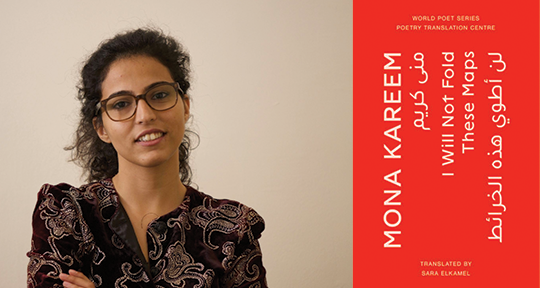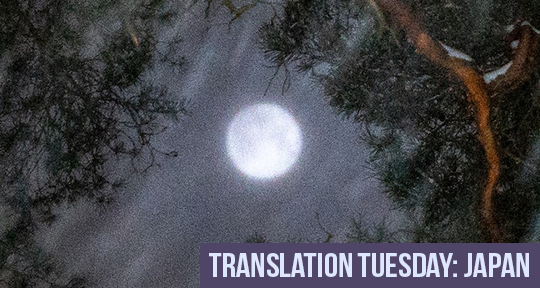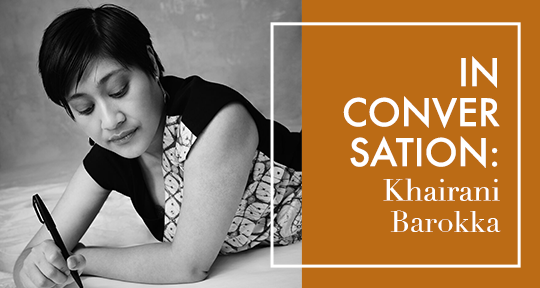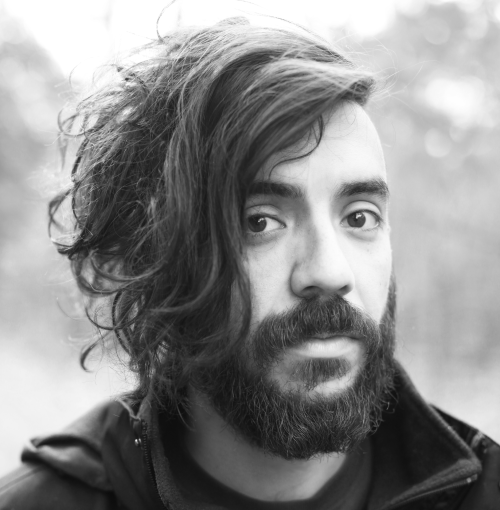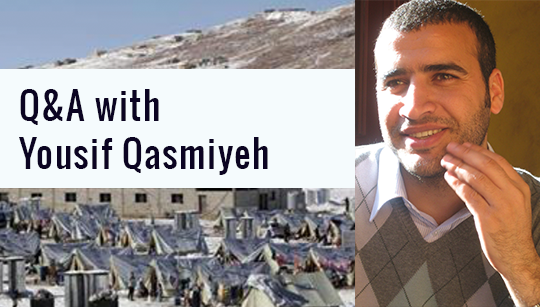I Will Not Fold These Maps by Mona Kareem, translated from the Arabic by Sara Elkamel, Poetry Translation Centre, 2023
In 1986, just one year before the poet Mona Kareem was born, the stateless Arab population of Kuwait, who had been denied citizenship when Kuwait declared its independence in 1961, became categorized as illegal residents. Despite enjoying relatively equal status to Kuwaiti nationals until then, approximately 250,000 people were stripped of their access to free education, housing, and healthcare. Following the Iraqi invasion and the subsequent war of 1991, many of the Bidoon community, including Kareem’s mother’s family, were expelled from their positions or deported outside of Kuwait, accused of collaborating with the enemy. Forced to flee their homes, they became internal refugees when they arrived at Kuwait’s border with Iraq. For Kareem, memories of such scenes from childhood bleed into the present moment, where she is exiled in the US and denied the opportunity to visit the country in which she was born, as well as the members of her family who still reside there. I Will Not Fold These Maps, translated by Sara Elkamel, is a curated collection of poems covering twenty years of Kareem’s poetry, both previously published and new. It is a collection marred by exile, war, and the fraught relationships and ruins they leave in their wake.
Kareem’s poems are replete with unique images—they paint scenes in language that mirror the chaos of memory, the fragmentation of exile, and the mutilation of war. As Elkamel points out in her introduction, it seems that everything in Kareem’s poems has a body—one that bears the brunt of individual and collective traumas. At the same time, the poet is at a loss regarding what to do with her own body, as she tells us in her poem “My Body, My Vehicle” (Jasadī Markabatī). Her vehicle of a body is not one she can park or abandon just anywhere, for
When I go shopping, my wheels shatter
the glossy ceramic floors
and when I go to the beach
she sinks into the sandsmall and dark, completed and broke
her windows are an almanac of winds
and her voice falters at rush hour.

